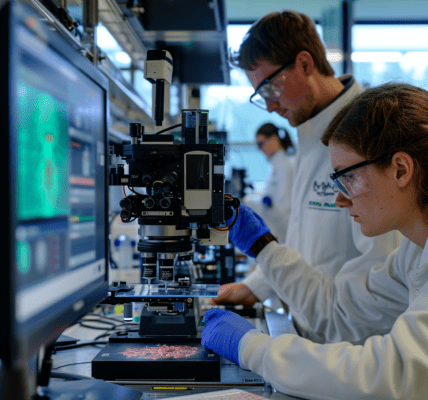Antibiotic-resistant bacterial infections are an urgent global health concern, with limited treatment options available. However, a recent breakthrough in antibiotic development offers hope in the fight against these infections.
A study published in Nature on 03 January 2024 reports the discovery of a novel antibiotic class targeting the lipopolysaccharide transporter, which shows promising antibacterial activity against carbapenem-resistant Acinetobacter baumannii (CRAB). This bacterium has emerged as a major global pathogen with limited treatment options, and no new antibiotic chemical class with activity against A. baumannii has reached patients in over 50 years.
The study details the identification and optimization of tethered macrocyclic peptide (MCP) antibiotics with potent antibacterial activity against CRAB. The mechanism of action of this molecule class involves blocking the transport of bacterial lipopolysaccharide from the inner membrane to its destination on the outer membrane, through inhibition of the LptB2FGC complex.
The clinical candidate derived from the MCP class, zosurabalpin (RG6006), has demonstrated effective treatment of highly drug-resistant contemporary isolates of CRAB both in vitro and in mouse models of infection. This breakthrough offers potential in overcoming existing antibiotic resistance mechanisms and presents a promising treatment paradigm for patients with invasive infections due to CRAB.
The discovery of this new chemical class not only provides hope for patients with inadequate treatment options but also identifies LptB2FGC as a tractable target for antimicrobial drug development. This represents a significant step forward in the ongoing battle against antibiotic-resistant bacterial infections.





